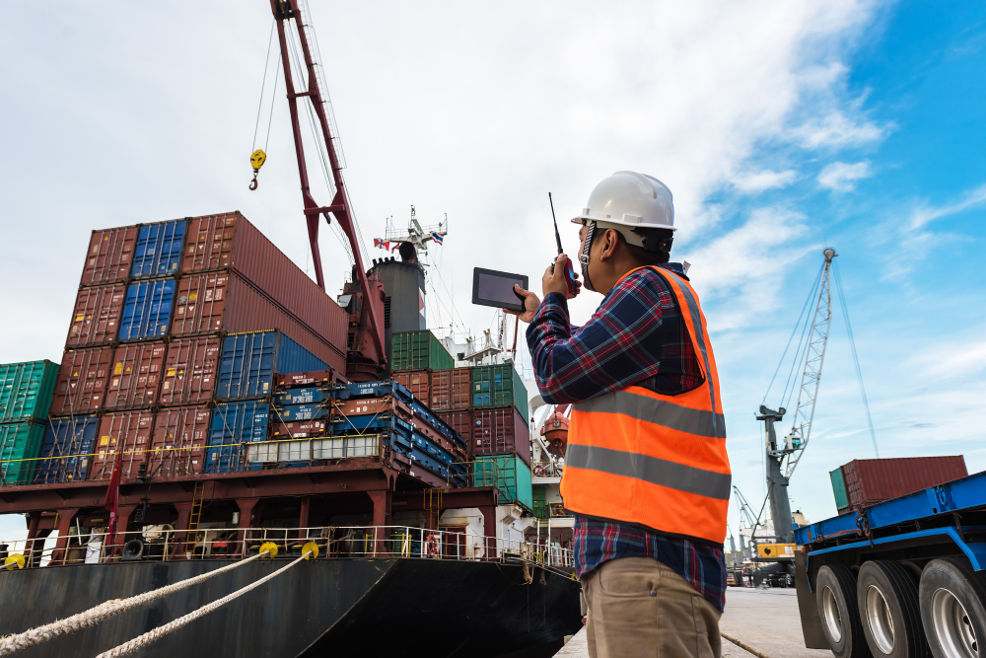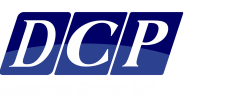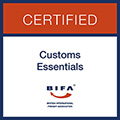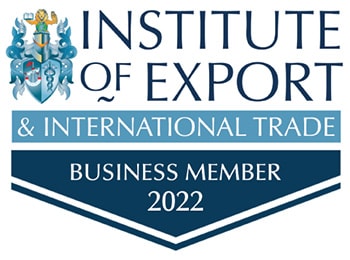Your Essential Guide to Customs Procedures and Their Implications
What are customs procedures?
Customs procedures are the set of rules and processes that govern the export and import of goods across international borders. These procedures are designed to facilitate trade while ensuring compliance with national and international laws. In the UK, customs procedures are critical for maintaining the integrity of the supply chain and ensuring that all trade activities are conducted legally and efficiently.
When goods enter or leave the UK, they must pass through customs, where they are subject to various checks and controls. These checks can include the verification of documentation, inspection of goods, and assessment of duties and taxes. Understanding customs procedures is essential for businesses involved in international trade, as it helps prevent delays, penalties, and potential legal issues.
The customs procedures in the UK have become increasingly complex, especially following Brexit. As a result, businesses need to stay informed about any changes in regulations and ensure that their operations are compliant. This involves a thorough understanding of the customs procedure code, which is a vital component of the customs process.
Understanding the customs procedure code in the UK
The Customs Procedure Code (CPC) is an essential element in the UK’s customs system. It is a series of numbers and letters used to identify the specific customs procedure that applies to a shipment of goods. The CPC indicates what happens to the goods at each stage of the customs process and what duties or taxes may be applicable.
Each CPC is unique and corresponds to a particular customs arrangement. For example, there are different codes for goods that are being imported for domestic use, re-exported, or placed in a bonded warehouse. The correct application of the CPC ensures that goods are processed according to the appropriate legal framework and that the correct duties and taxes are applied.
Using the right CPC is crucial for compliance. An incorrect code can lead to delays, financial penalties, or even legal action. As such, businesses must ensure that their documentation is accurate and that they have a solid understanding of how the CPC system works. This knowledge is not only beneficial for compliance purposes but also helps streamline the customs process, reducing the likelihood of errors and inefficiencies.
How is a customs procedure code constructed?
A Customs Procedure Code is typically constructed using numeric and alphanumeric sequences that convey specific information about the shipment. In the UK, a CPC generally consists of seven digits. These codes are systematically structured to provide detailed information about the nature of the transaction and the treatment of the goods.
The first three digits of the CPC represent the procedure category. This part of the code identifies the type of customs procedure applicable, such as import, export, or special customs regimes like inward processing or warehousing. The next two digits specify the specific procedure within that category, providing further clarity on how the goods should be treated.
The final two digits often denote additional information or instructions related to the customs process. These might include special conditions or exemptions applicable to the goods. Understanding the construction of these codes is essential for correctly classifying goods and ensuring they comply with the relevant customs procedures.
To effectively use CPCs, businesses should invest in training and resources that help them interpret these codes accurately. This understanding can prevent costly mistakes and ensure that goods move smoothly through customs, avoiding unnecessary delays or financial liabilities.
The importance of accurate customs procedure codes
Accurate customs procedure codes are vital for several reasons. Firstly, they ensure that goods are processed under the correct customs framework, which helps in maintaining compliance with legal and regulatory requirements. This compliance is crucial for avoiding fines or penalties, which can arise from incorrect declarations or misclassifications.
Secondly, accurate CPCs facilitate efficient customs clearance. When the correct codes are used, customs authorities can quickly process shipments, reducing the likelihood of delays. This efficiency is particularly important for businesses that rely on timely deliveries to meet customer demands or production schedules. Missteps in this area can lead to significant disruptions and financial losses.
Furthermore, using the correct CPCs can help businesses optimise their duty payments. By applying the appropriate codes, companies can ensure that they are not overpaying on duties and taxes, taking advantage of any available exemptions or reductions. This accuracy in duty calculation can result in substantial cost savings, enhancing a company’s competitiveness in the international market.
Potential consequences of using the wrong CPC
Using the wrong Customs Procedure Code can have serious consequences. One of the most immediate impacts is the potential for customs delays. Incorrect codes can lead to additional scrutiny and checks by customs authorities, slowing down the clearance process and disrupting supply chains. These delays can affect delivery schedules and erode customer trust.
Financial penalties are another significant risk associated with the misuse of CPCs. The UK customs authorities impose fines and penalties for incorrect declarations, which can be substantial. These financial repercussions not only impact a company’s bottom line but can also damage its reputation and relationships with customs authorities.
In severe cases, the misuse of CPCs can lead to legal action. Persistent or egregious errors might be interpreted as attempts to evade duties or defraud customs authorities. Such actions can result in legal proceedings, potentially leading to criminal charges. Additionally, businesses may face increased scrutiny and audits, which can further strain resources and impact operations.
Common customs procedure codes in the UK
Several customs procedure codes are commonly used in the UK, each serving a specific purpose. Understanding these codes can help businesses navigate the customs process more effectively. Some of the most frequently used codes include:
- Import for Free Circulation (CPC 4000): Used when goods are imported into the UK for use within the country, and all duties and taxes are paid.
- Inward Processing (CPC 5100): Applied when goods are imported for processing and re-exported, allowing for suspension of duties and taxes.
- Outward Processing (CPC 2100): Used when goods are exported for processing outside the UK and then re-imported, with potential duty relief on re-importation.
- Customs Warehousing (CPC 7100): Allows goods to be stored in a bonded warehouse without the payment of duties and taxes until they are removed for use.
- Temporary Admission (CPC 5300): Used for goods imported for a temporary purpose, such as exhibitions or repairs, without paying import duties.
Familiarity with these common CPCs can aid in selecting the appropriate code for each transaction, ensuring compliance and efficiency in customs procedures.
How to ensure compliance with customs procedures
Ensuring compliance with customs procedures involves several key strategies. Firstly, businesses should invest in comprehensive training for staff involved in customs operations. This training should cover the basics of customs procedures, the interpretation of CPCs, and the implications of non-compliance. Regular updates and refresher courses can help keep staff informed about changes in regulations.
Secondly, leveraging technology can enhance compliance. Many businesses use customs management software to automate and streamline the declaration process. These systems can help ensure that the correct CPCs are used, reduce human error, and facilitate quicker customs clearance. By integrating these tools into their operations, businesses can enhance accuracy and efficiency.
Finally, engaging with customs experts or consultants can provide valuable insights and guidance. These professionals can offer tailored advice on complex customs issues, help resolve disputes with customs authorities, and provide support during audits. By seeking expert advice, businesses can navigate the complexities of customs procedures more effectively and minimise the risk of non-compliance.
Tips for navigating customs procedures effectively
Navigating customs procedures effectively requires a strategic approach. One useful tip is to maintain comprehensive documentation. Keeping accurate records of all transactions, including invoices, shipping documents, and correspondence with customs authorities, can facilitate smooth customs clearance and provide evidence of compliance if needed.
Another important tip is to stay informed about regulatory changes. Customs regulations can evolve, particularly in a post-Brexit environment. Subscribing to industry newsletters, attending webinars, and joining trade associations can provide updates and insights into changes that may affect your business. Staying informed allows you to proactively adjust your operations and remain compliant.
Building strong relationships with customs authorities can also be beneficial. Having open lines of communication can help resolve issues more quickly and foster a collaborative approach to customs compliance. Establishing a reputation for transparency and reliability can lead to smoother interactions and potentially expedite the customs process.
Resources for further understanding customs procedures
To deepen your understanding of customs procedures, several resources are available. The UK Government’s HM Revenue & Customs (HMRC) website offers comprehensive guidance on customs regulations, procedures, and codes. It provides access to official documentation, updates, and tools to assist with customs declarations.
Industry bodies such as the British International Freight Association (BIFA) and the Institute of Export & International Trade (IOE&IT) offer valuable resources, including training courses, webinars, and publications. These organisations provide industry-specific insights and practical advice on navigating customs procedures.
For personalised guidance, consulting with a customs broker or trade consultant can be advantageous. These experts offer tailored advice and support for your specific needs, ensuring that you remain compliant with customs regulations and optimise your trade operations.
Conclusion: Navigating the complexities of customs in the UK
Navigating the complexities of customs procedures in the UK requires a thorough understanding of the customs procedure code and its implications. By accurately applying CPCs, ensuring compliance, and effectively managing customs processes, businesses can mitigate risks and enhance operational efficiency.
Staying informed and leveraging available resources can provide the insights needed to adapt to regulatory changes and maintain compliance. As international trade continues to evolve, proactive management of customs procedures remains crucial for success in the global marketplace.
If you are looking to enhance your knowledge and ensure your business is fully compliant with customs procedures, consider reaching out to industry experts or enrolling in specialised training programs. By investing in this area, you can safeguard your business against potential pitfalls and position yourself for success in international trade.






